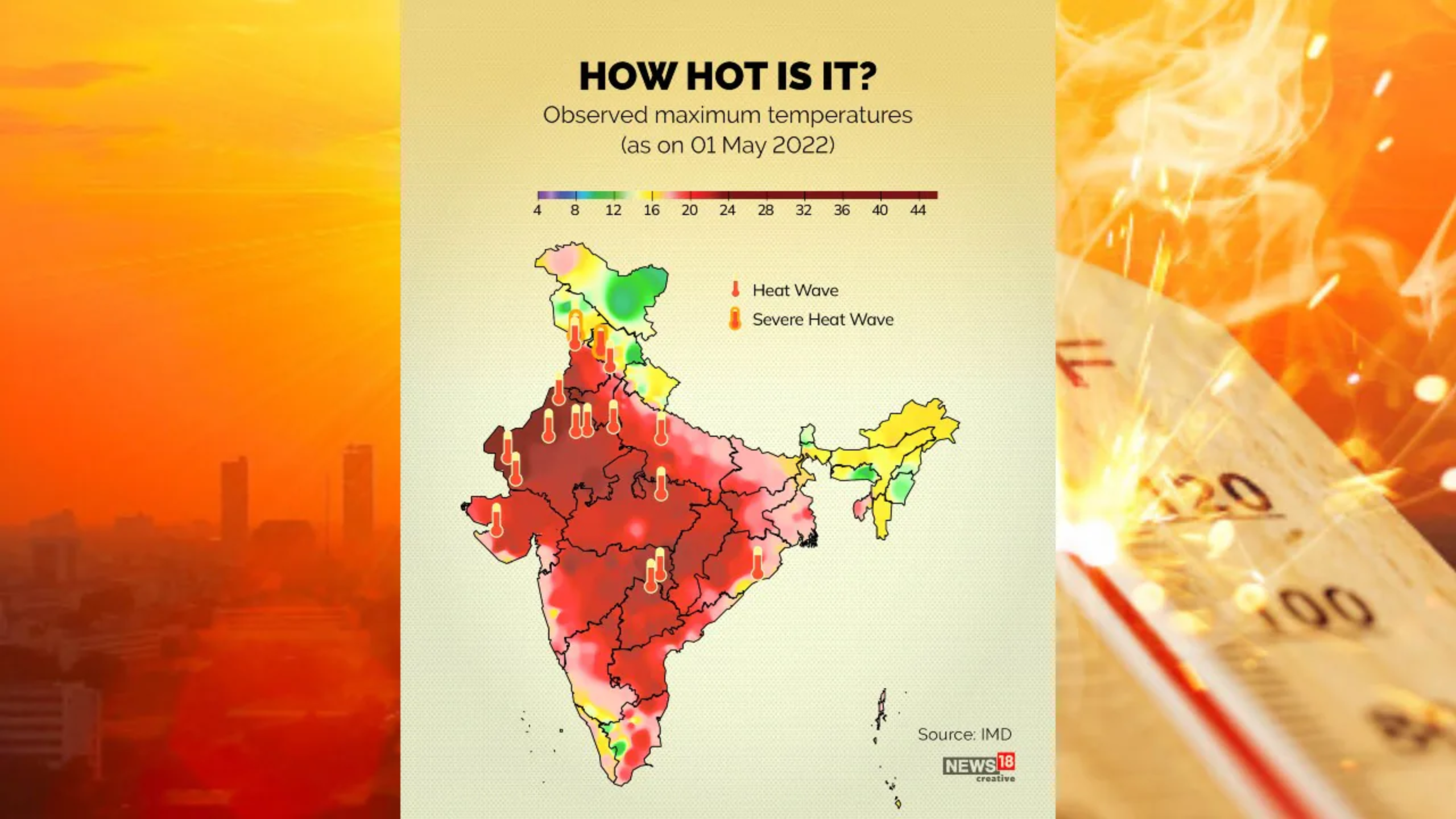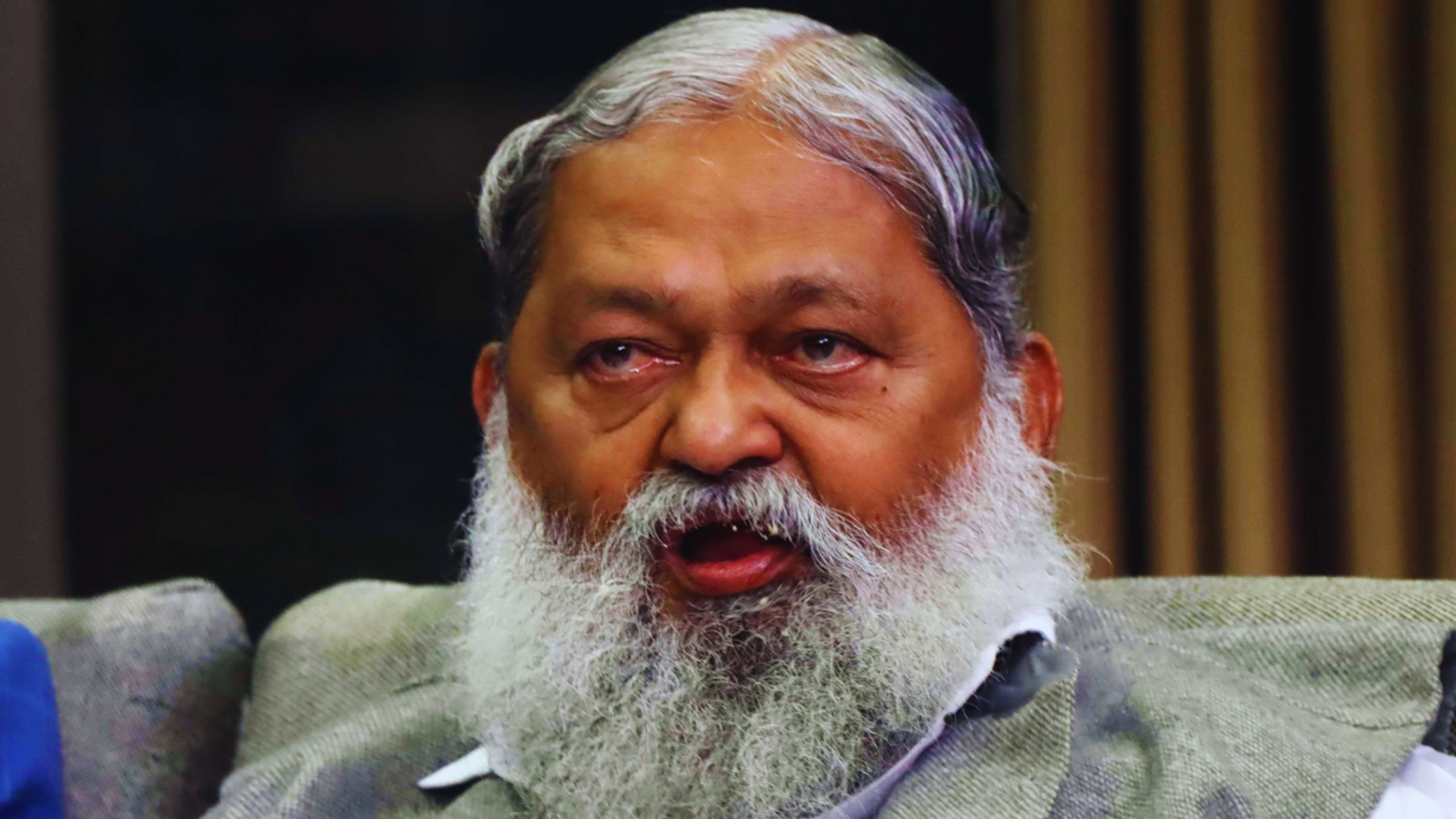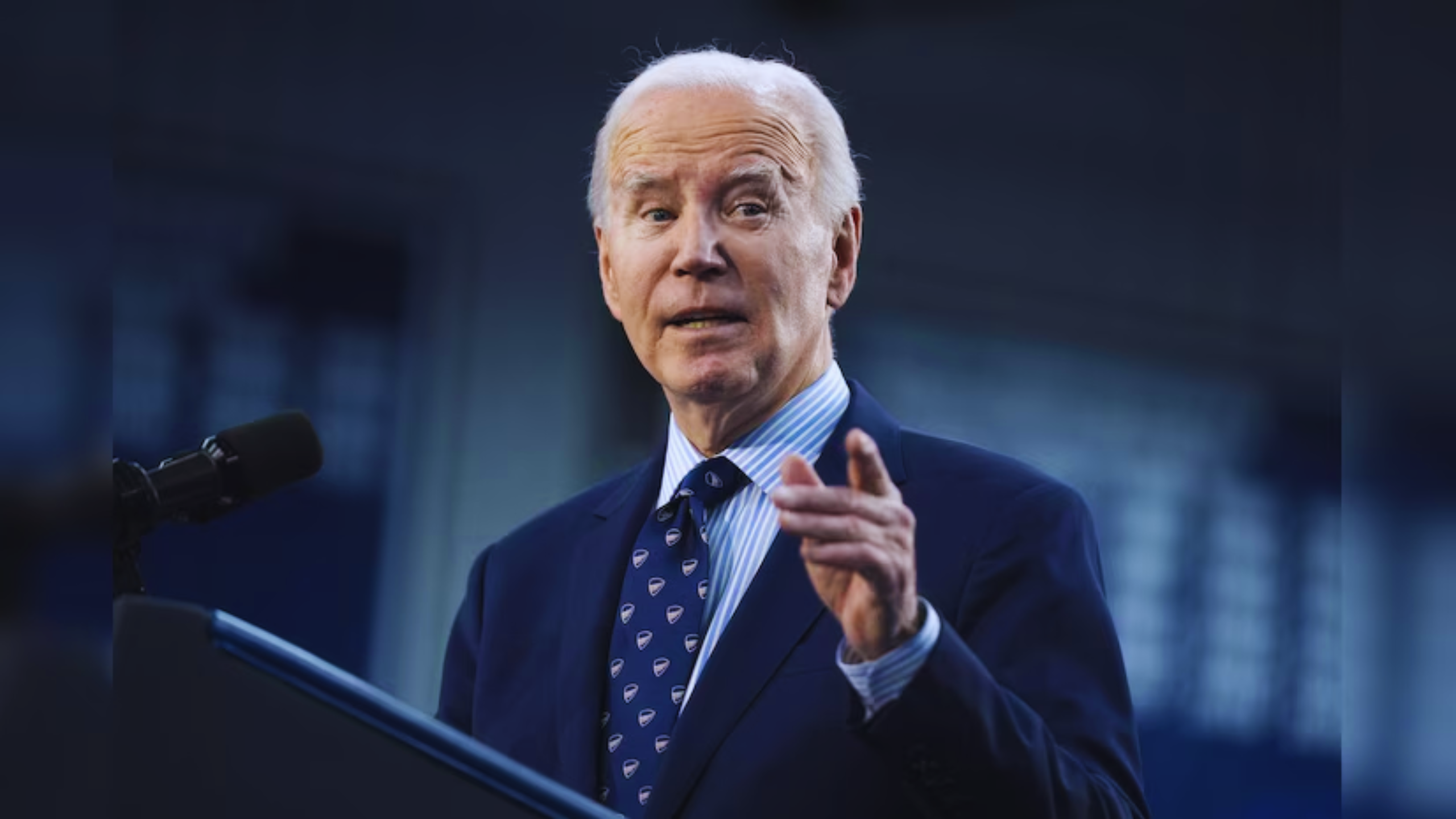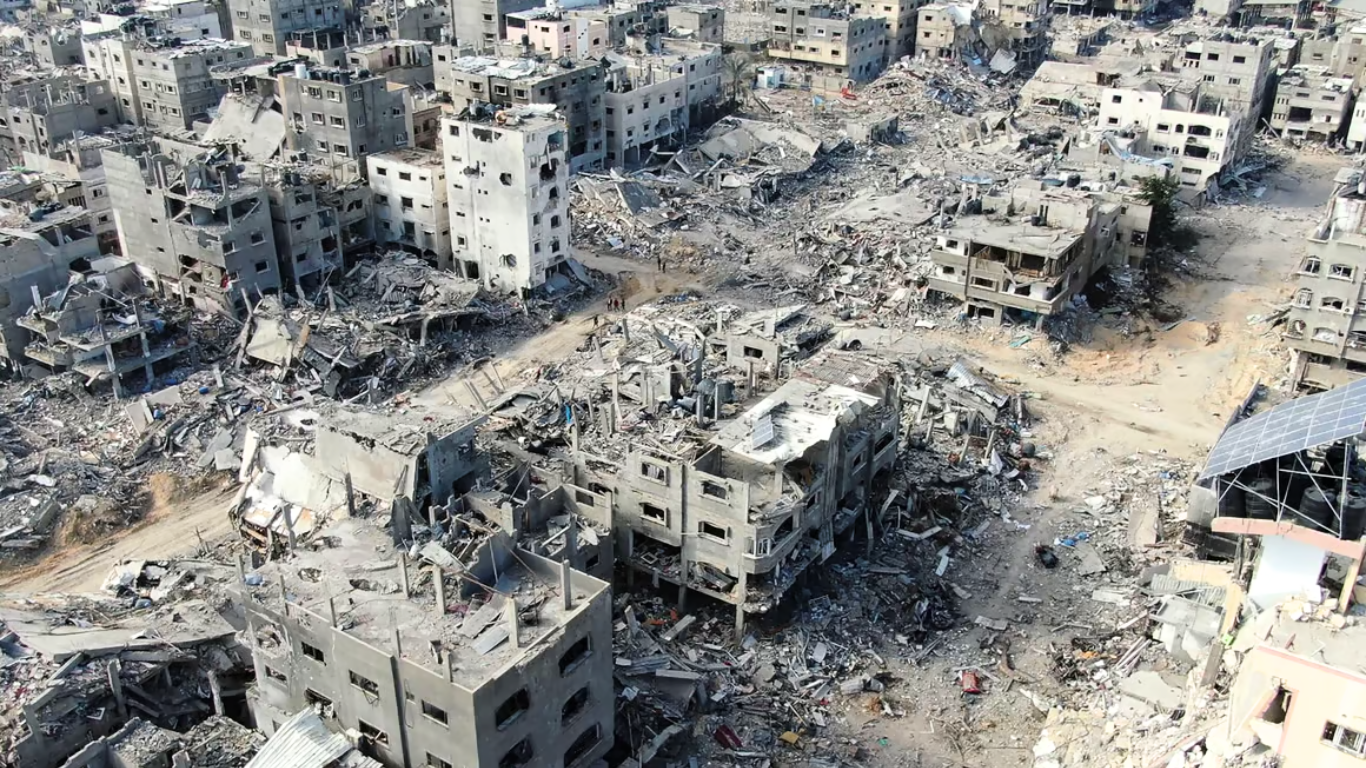






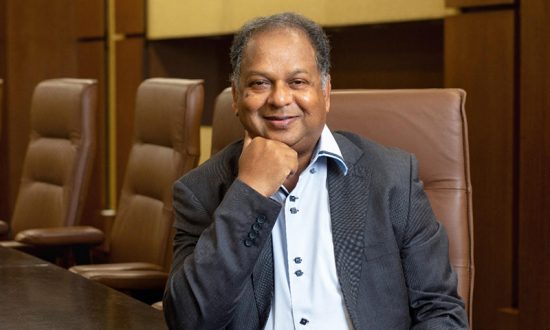
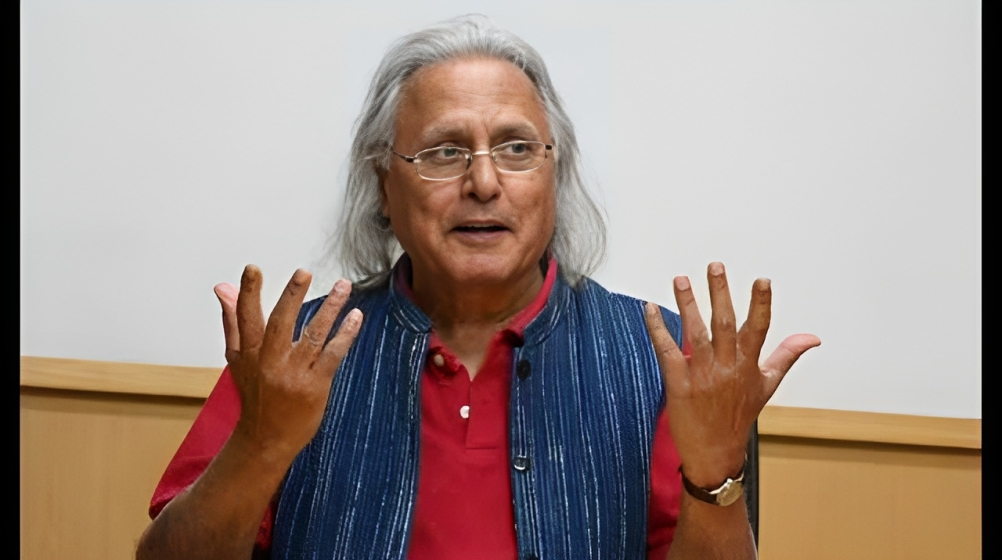


Ujjal Dosanjh, a former Canadian minister of Indian origin, highlights the current lack of trust between India and Canada. This stems from Ottawa’s reluctance to openly condemn Sikh extremists advocating for the dismemberment of a friendly nation. Dosanjh, who served as the premier of British Columbia and as a member of parliament from 2004-11 with the Liberal Party, including a stint as Canada’s Minister of Health, shared his views in an exclusive interview with NewsX.
He discussed various topics including the strained relations between India and Canada, the origins of the Khalistani movement in Canada, and the impact of Justin Trudeau’s association with Sikh extremists on trust issues with the Indian government. Despite being attacked by Khalistanis in 1985 for speaking out against extremist elements, Dosanjh, a prominent voice for moderate Sikhs in Vancouver, has maintained his staunch criticism of such elements within the Sikh religion. The attack left him with a broken hand and 80 stitches on his head.
Here are some excerpts from the exclusive conversation with Dosanjh:
Q: What is the current state of diplomatic relations between India and Canada, particularly concerning the issue of Khalistani extremism?
A: Diplomatic tensions persist between India and Canada, with no signs of de-escalation. Canada’s reluctance to crack down on Khalistani extremists within its borders has strained relations. India has been clear in its demand for action from Canada to address this issue.
Q: Can you tell us about the factors that led to the recent escalation in tensions between India and Canada?
A: The recent escalation in tensions can be attributed to a situation where a news story was about to break on the issue, prompting the Canadian Prime Minister to make a preemptive statement. However, the statement lacked specifics and, instead of mitigating the situation, may have exacerbated it.
Q: How has the issue of Khalistani extremism been handled in Canada, and why is it a concern for India?
A: Canada has faced challenges in addressing Khalistani extremism, with some Canadian politicians citing freedom of expression as a reason for not taking a more assertive stance. This is a concern for India because elements in Canada have been supporting Khalistani movements that seek to dismember India, which is seen as a threat to its unity and integrity.
Q: Has Canada been the primary hub for Khalistani activities, or is the movement active in other countries as well?
A: While Khalistani activities have been resurgent in Canada, they are not limited to the country. The movement has had a presence in other countries, including Australia, and is closely monitored wherever the Indian diaspora resides due to concerns about its potential impact.
Q: Can you shed light on the historical context of the Air India Kanishka bombings and the investigation that followed?
A: The Air India Kanishka bombings in 1985 were a tragic event that resulted in the deaths of over 200 people, including many Canadians. The Canadian authorities initially bungled the investigation, but it gained momentum later. Unfortunately, despite evidence, some suspects were not convicted, leading to frustration and disappointment.
Q: How do you view the role of Canadian politicians in addressing the issue of Khalistani extremism?
A: Canadian politicians have been criticized for not taking a stronger stance against Khalistani extremism, often citing freedom of expression. However, it is argued that they have an obligation to condemn violence and actions that aim to dismember a friendly country like India.
Q: Can you provide insights into the recent diplomatic standoff between India and Canada and the actions taken by the Canadian Prime Minister?
A: The recent diplomatic standoff was triggered when the Canadian Prime Minister made a high-profile statement in Parliament, which escalated the situation. There were alternative ways to address the issue, such as having the Minister of Foreign Affairs speak at a press conference instead of Parliament, which might have resulted in a less provocative response.
Q: Is there a connection between Canadian Prime Minister Justin Trudeau and Khalistani sympathizers, particularly Jagmeet Singh?
A: There is a perception that Justin Trudeau has been surrounded by Khalistani sympathizers since his leadership campaign. Jagmeet Singh, the leader of the NDP, is seen as having Khalistani sympathies, which can create a perception problem in India-Canada relations.
Q: How has the presence of Khalistani sympathizers within Canadian politics affected the relationship between the two countries?
A: The presence of Khalistani sympathizers within Canadian politics has contributed to a strained relationship between India and Canada, as it creates doubts and concerns about Canada’s stance on the issue. This presence can exacerbate diplomatic tensions between the two nations.
Q: What do you think could have been done differently to address the Khalistani issue and prevent the recent escalation in tensions?
A: To address the Khalistani issue and prevent the recent escalation, a more measured approach could have been taken, with the Canadian Prime Minister providing evidence privately to Indian authorities rather than making a high-profile statement in Parliament. This might have allowed for a more constructive dialogue and reduced the potential for a diplomatic standoff.
Also Read: “KCR Wanted To Join NDA, Denied Him”, Says PM Modi In Telangana
Catch all the Latest Business News, Breaking News Events, and Latest News Updates on NewsX

